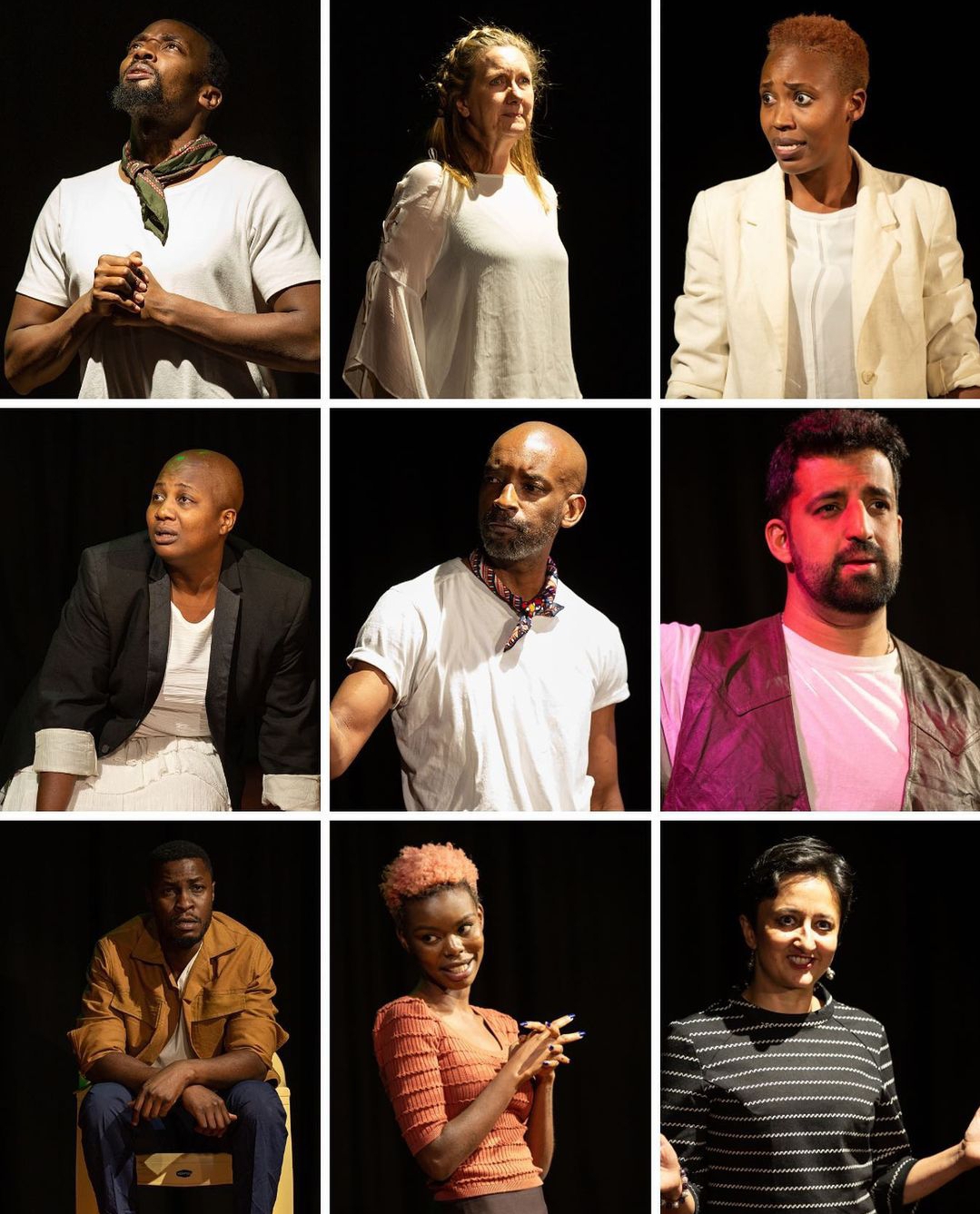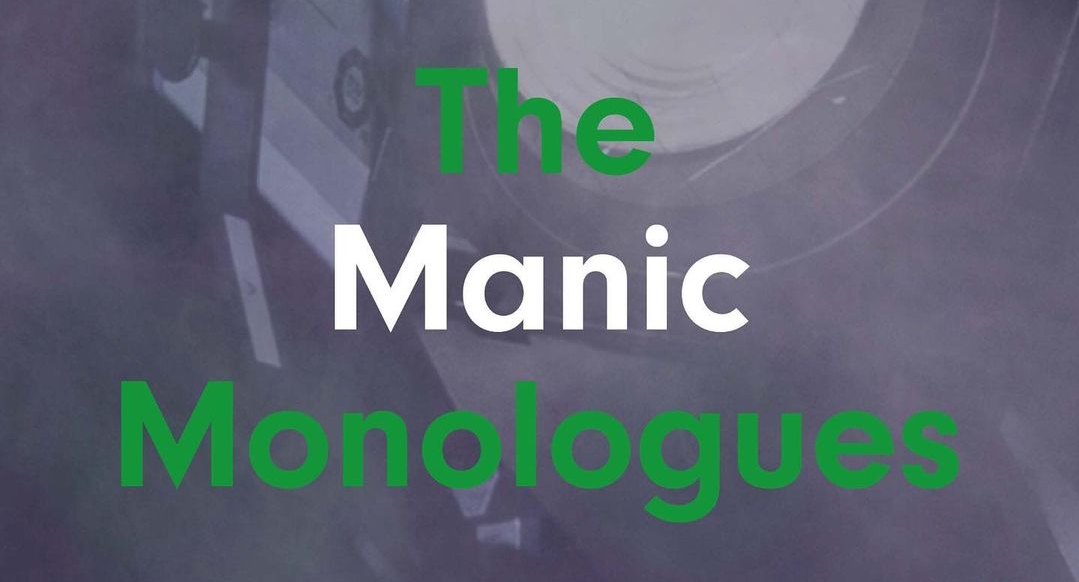THE MANIC MONOLOGUES – KENYA
mental health is severely underfunded…


THE MANIC MONOLOGUES made its African debut right here in Nairobi Kenya at the Signature auditorium in Westlands. Created in 2019 by Zachary Burton and Elisa Hofmeister, The Manic Monologues was brought to Kenya by Shalini Bhalla – Lucas, author, TEDx Speaker, presenter and the executive producer, who became passionate about mental health due to the stigma that surrounded the topic. She discovered this as a result of her first mental breakdown and having clinical depression.
In a quest to create awareness to the state of mental health in the country, a lot of discoveries were made. Mental health is the real pandemic in this country, with the government allocating only KShs 15/= per person to mental health. More stigma comes from religious institutions believing the best solutions to mental health problems is prayer or exorcism. More stigmatization comes from the ignorance in our society where by, a person with mental health issues is approached with so much aggression rather than the fragility that they deserve.

With the efforts a few enthusiastic individuals, the show was brought to us by Shalini Bhalla – Lucas and Amar Vidyarthi as the executive producers and Karishma Bhagani as the producer. Speaking at The Signature Auditorium during the industry night premier, Shalini shared that mental health is severely underfunded.

“I put 20,000$ into funding the project and I am going to lose about 8000$. What I believe is that government and corporates need to start coming in by funding the arts as well as mental health programs. The choice in location was very intentional given the intimate nature of the subject, but that also means that not much money will be made from ticket sales hence venues also need to subsidize. I would love to be able to create more awareness on Mental Health through The Manic Monologues but that would mean that I sit with people who are willing to put money into the art because theatre in itself is an expensive art.”

Mugambi Nthiga, (Lusala) The director, described the experience of working on the show as cathartic. Mugambi has suffered from depression before but he says “being able to come up with the words and to find the vocabulary to tell these stories as we created the show was a wonderful experience. Working with the actors was very intense so it was really important for us to be there for each other, be each other’s safe spaces as these stories are drawn from real life experiences.”

“I found the experience fascinating, there’s a statement that goes, ‘you don’t remember what a person said to you, you remember how it made you feel.’ Therefore, when acting something like The Manic Monologues, you have to recollect those memories and some of them stem from our childhoods.” Vikash Pattni, is an actor, radio presenter and emcee. He worked alongside other stars like: Nyokabi Macharia (County 49), Wakio Mzenge (County 49), Nick Ndeda (18 Hours), Elsaphan Njora, (Sense Eight), Charles J. Ouda (How To Have An Affair-A Cheater’s Guide), Auudi Rowa(Salem), Julisa Rowe (Spread Your Garment Over Me).

Was it difficult for the actors to trigger their mental trauma you wonder? Wakio Mzenge, shares that, “As an actor, there’s a technique I use whereby I disconnect my personal experiences from the character. I create a character in collaboration with the director and allow the character to live their authentic lives without drawing from my own experiences because my emotional frequency and the character’s emotional frequency are on different levels.”

From the perspective of the audience, the experience was extremely triggering for some and it awakened a lot of emotions that were maybe buried deep. Some of them let their tears speak for what they were feeling and others did mention that they were going to ‘unpack’ at home. The production understood the magnitude of the impact the show was going to make therefore a therapist was an essential part of the experience. Olive Ndiang’ui, runs Prometheus Kenya who were the official Mental Health and Counseling partners for The Manic Monologues providing counsel to the team during rehearsals, as well as the audience during the show.
THE MANIC MONOLOGUES communicates to a significant number of the public and if the right kind of support is offered, more could be educated.








